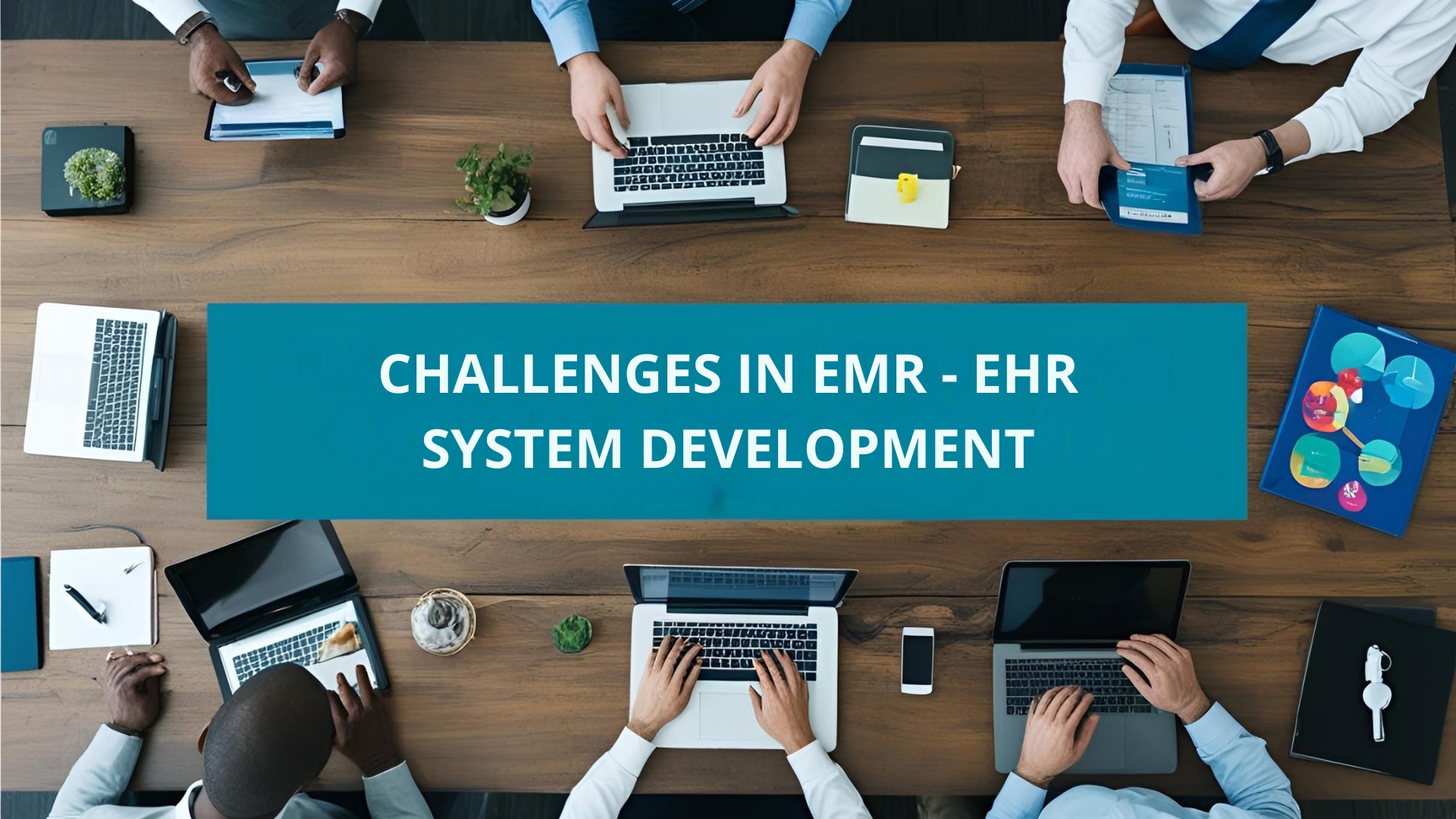Individuals face job stress in their organization and daily lives due to globalization, an overload of Information and Communication and Technology have given rise to a very serious problem in the life of working as professional work life imbalance. Especially in the present environment, they serve as a competitive edge in individual and organizational life. Also, in this century rapid changes in the working environment, multi-cultural diversity, changes in demography have made it difficult for the average person to adopt and sustain in the global scenario.
Emotional intelligence is a part of the genetic makeup of an individual but as with any intelligence, this too can be developed. Employee Intelligence improves individual and organizational performance. It plays a significant role in the work of an employee, and the relationship he or she enjoys in the organization. Emotional Intelligence describes the ability, capacity, skill or, a self-perceived ability to identify, assess, manage and control the emotions of one’s self, of others, and of groups. Emotional intelligence is considered to play a crucial role in the modern work life. Its principles help in evaluating employee behavior, management styles, attitudes, interpersonal skills and potential.
It is also considered to have great relevance in areas like job profiling, planning, recruitment and selection. Another major advantage of emotional intelligence is that it allows people to better understand and manage emotions. It also helps in understanding one’s own conduct as well as the relationship with others. Psychological studies have shown that understanding and controlling emotions play a significant role in gratifying one’s life and work environment.
It is generally considered that employees with higher emotional intelligence will have higher work-life balance. This is because the employees with higher emotional intelligence are able to cope with consequences that may arise out of stress whereas those with less emotional intelligence won’t be in a position to overcome the stressful situations. In addition, in a group setting employees with higher Emotional Intelligence will be able to influence the emotions of others in such a manner that, they will be able to maintain a satisfying personal and professional life.
Work-life balance is the term used to describe those practices at the workplace that acknowledge and aim to support the needs of employees in achieving a balance between the demands of their family (life) and work lives. Work-Life Balance is a challenging issue for managers in all sectors and at all levels of one’s career.
Work-life balance, in its broadest sense, is defined as a satisfactory level of involvement or fit between the multiple roles in a person’s life. In this competitive climate, managing the boundary between home and work is becoming more challenging. This line is even thinner in some industries, like the IT industry, where the norm now is to work from home and come to the office only when it is absolutely necessary.
Work-Life Balance is a challenging issue especially for IT firm employees. Work/life balance, in its broadest sense, is defined as a satisfactory level of involvement or ‘fit’ between the multiple roles in a person’s life. In this climate managing, the boundary between home and work is becoming more challenging.
Why do we need a work-life balance?
Here a few reasons to pay attention to your work-life balance:
To avoid burning out:
In addition to creating problems in your personal life, working too hard could also affect your career. After all, you never do your best work when you’re exhausted (and/or short-tempered). It also doesn’t look good from your boss’ perspective.
To reduce stress:
A person who doesn’t achieve a satisfying work/life balance can end up generating extra stress in their life. As we all know, stress, when allowed to linger, often causes side effects that can lead to health issues and personal distress.
To fulfill your personal and career goals:
Whilst it might seem like the harder you work, the more you’ll succeed – this isn’t always the case. In fact, not giving yourself a break could actually mean the quality of your work decreases, therefore jeopardising your progression opportunities.
Wondering how work-life balance could benefit you?
No matter what career you’re in or how many additional commitments you have, creating a healthy balance between work and play is absolutely essential when it comes to leading a happy and productive lifestyle. But it’s not always easy – especially if you have a particularly demanding career.
To encourage you to apply it to your everyday situation, here are five benefits of work-life balance:
Your health and well being will improve
Overworking isn’t just putting you at risk of being a ‘very dull boy/girl’ it could also be affecting your health.
In fact, if you’re sacrificing too much of your time for the sake of work, it won’t take long to start feeling the consequences – whether it’s through increased stress, constant bouts of illnesses due to a weakened immune system, or non-stop exhaustion.
That doesn’t mean you have to stop working hard though. Many professions require a lot of time and effort, and sometimes large amounts of downtime just aren’t possible if you’re determined to do well. But it’s all about finding that balance.
By recognizing your own individual triggers and understanding when you’re overdoing it, you’ll be able to recognize the early warning signs before you start burning out.
How to achieve it: Don’t ignore the signs. Feeling tired? Sleep. Getting ill? Take a sick day. There’s nothing wrong with giving yourself a break. Just make it’s on your terms.
You’ll be more productive
Having a healthy work-life balance isn’t just essential to your well-being – it also boosts your productivity.
From finally getting around to redecorating the house because you switched off your work phone for the weekend, to completing a work task you’ve been stuck on for weeks after being able to go back to it with a fresh mindset – creating a good balance between your work life and your personal life will allow you to be more productive in both areas.
And work-life balance doesn’t always refer to a solid line between work and play.
Whether it’s by working from home when you need quiet space for a project or dedicating time to group brainstorm sessions where collaboration is necessary – creating your own balance between teamwork and head-down work is equally essential to achieve productivity in all aspects of your job.
How to achieve it: Keep your life a balanced amount of work, recreation, and rest in order to stay fully functional. Because too much of anything is never a good idea.
You can actually enjoy work
Always dreading work? Find yourself ‘subconsciously’ setting your alarm on snooze every morning? Don’t know what a weekend is?
If your workdays begin with a search for an invisible light at the end of the tunnel, you probably need to give yourself a break. After all, if you don’t remember what home looks like and you haven’t worn anything but your work uniform for the past month – it’s no surprise that you’re feeling slightly delusional.
And, a hatred for your job (or just about anything) is one of the most common signs of a non-existent work-life balance.
But it doesn’t have to be that way. Knowing when to switch off is often the best way to give just the right amount of time to your job, not to mention, allow yourself to actually enjoy the time you’re there.
Because who knows – you might actually start to miss it. Especially once you’ve exhausted the entirety of Netflix’s newly added section.
How to achieve it: If you’re starting to resent your job – ask yourself why. Sometimes all it takes is allowing regular breaks to put things into perspective. And if all else fails, it might be time to find a new position
You’ll have more ‘you time’
It’s easy to make excuses when you rarely get free time.
And whether your devotion to overtime has meant you still haven’t taken that photography course you’ve been interested in for months, or working weekends has caused you to miss 99% of your yoga classes – you shouldn’t have to sacrifice that much of yourself to do a good job.
After all, work isn’t the only place you can learn and develop – and from quantifying your skillset with a qualification to learning a new language, taking up a hobby, or even just reading a bookmaking the most of your time will add some much-needed variation – and enjoyment – into your life.
So not only will improving your work-life balance give you more control over what you do, but you’ll also be able to use your dedicated ‘you time’ to do things you’ve been putting off for years.
How to achieve it: Don’t sacrifice your free time just to put the extra hours in every single day – especially if it means giving up on your own personal development. There’s a time and a place for everything, and sometimes work isn’t it.
You’ll stop missing out
Those who overwork have one thing in common – and that’s that everything in their lives except work probably isn’t going as well as it could.
Common signs and symptoms include: always being the guy/girl who misses the best social gathering of the week, their anniversary, their child’s first word, or a really funny ‘you just had to be there’ moment – possibly involving their housemate, a dishwasher, and a family-sized tub of vanilla yogurt. But we digress…
Whether it’s by sticking to a nightly dinner with your partner or a weekly film night with your best friend, there’s always time to actually have a life outside of work. And without it, you could be suffering from some serious FOMO.
Remember: achieving a good work-life balance often comes down to your own ability to prioritize according to what’s most important to you.
How to achieve it: Pick your battles wisely when it comes to what you sacrifice for your career. Working extra hard to earn bonus points at work can be a great idea, but your relationships and social life should never be sacrificed as a result.
The level of emotional intelligence has been viewed essential in the development of an individual’s work-life balance. It would be more suitable to view work as a component of overall life satisfaction. The emotionally intelligent professionals were better in managing their work-life balance, and were more satisfied with their job.







